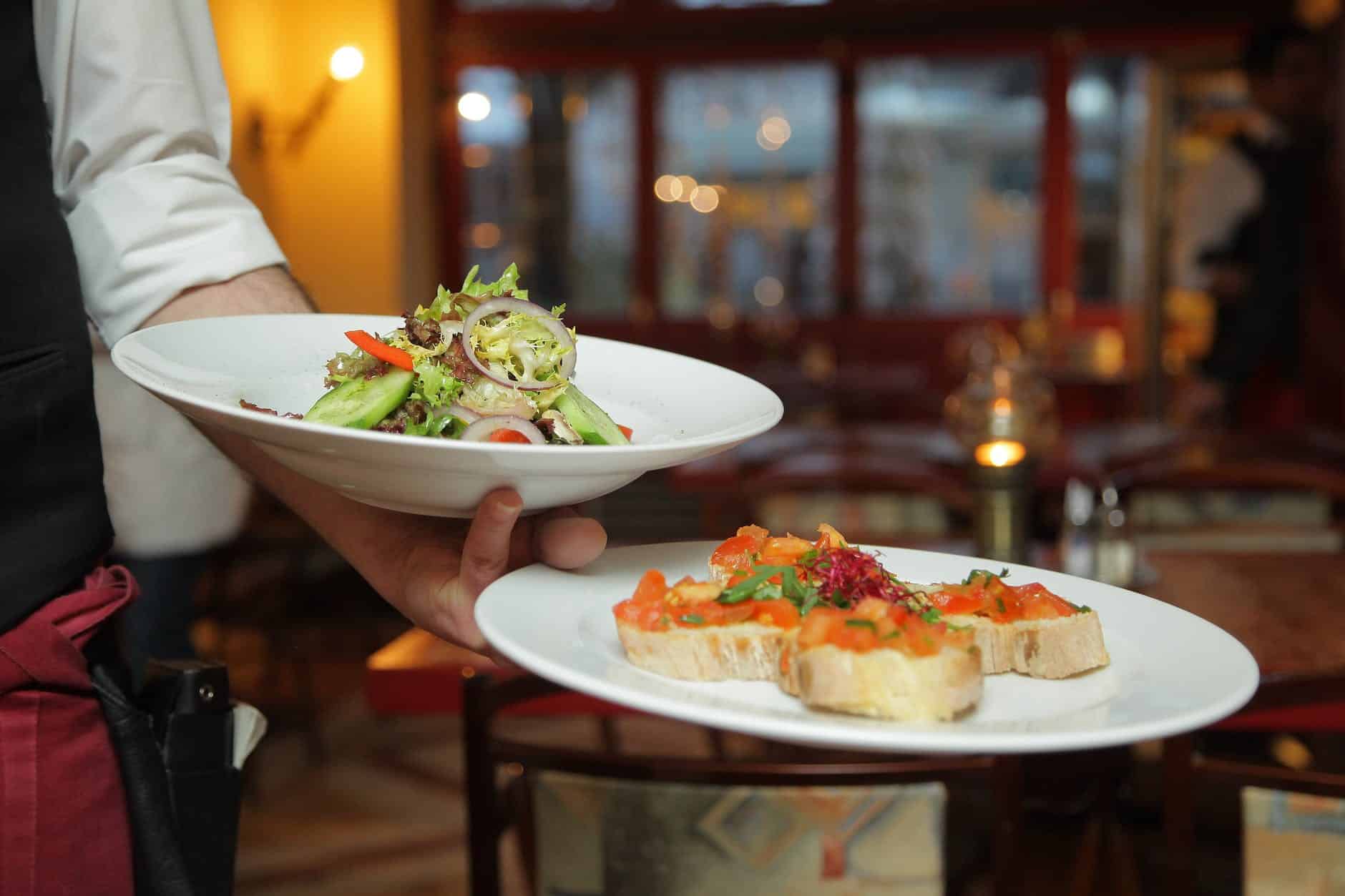Purchasing power has been hit much less in Switzerland than in other European nations. Between 2020 and 2023 food prices went up 6% in Switzerland. The same figure in Germany (+17%), UK (+40%) and Estonia (+43%) is much higher. Photo by Pixabay on Pexels.comAt the same time, big ticket items like health insurance and rent have made a big dent in Swiss budgets. These more visible prices rises have created a perception that overall costs have risen more than they actually have. This perception has led the population to cut back on spending. The most popular cut back has been spending on going out and eating out. 52% have cut back on this. Next are clothing (42%), holidays (41%), leisure activities (41%), food (34%), personal services (32%), furniture and household items (31%),
Topics:
Investec considers the following as important: Business & Economy, Editor's Choice, Personal finance
This could be interesting, too:
Investec writes The global brands artificially inflating their prices on Swiss versions of their websites
Investec writes Swiss car insurance premiums going up in 2025
Investec writes The Swiss houses that must be demolished
Investec writes Swiss rent cuts possible following fall in reference rate
Purchasing power has been hit much less in Switzerland than in other European nations. Between 2020 and 2023 food prices went up 6% in Switzerland. The same figure in Germany (+17%), UK (+40%) and Estonia (+43%) is much higher.

At the same time, big ticket items like health insurance and rent have made a big dent in Swiss budgets. These more visible prices rises have created a perception that overall costs have risen more than they actually have. This perception has led the population to cut back on spending.
The most popular cut back has been spending on going out and eating out. 52% have cut back on this. Next are clothing (42%), holidays (41%), leisure activities (41%), food (34%), personal services (32%), furniture and household items (31%), cultural events (29%), vehicle costs (28%), electronic products (25%), ancillary housing costs (22%), media/entertainment (22%), health insurance premiums (19%), telecommunication (16%), public transport (14%), financial products excluding insurance (12%), insurance – excluding health insurance (11%), housing costs (10%) and education (10%).
Declining inflation could ease the sense and need for cut backs. However, not all price increases, for example energy prices, reverse. A certain loss of purchasing power remains due to higher prices that are baked in, such as those for healthcare. This means at least some consumers are likely to keep their budget saving measures in place out of necessity. In addition, new spending habits can develop. Why go back to dining out when home dinner parties are the new normal?
More on this:
Deloitte survey (in English)
For more stories like this on Switzerland follow us on Facebook and Twitter.
